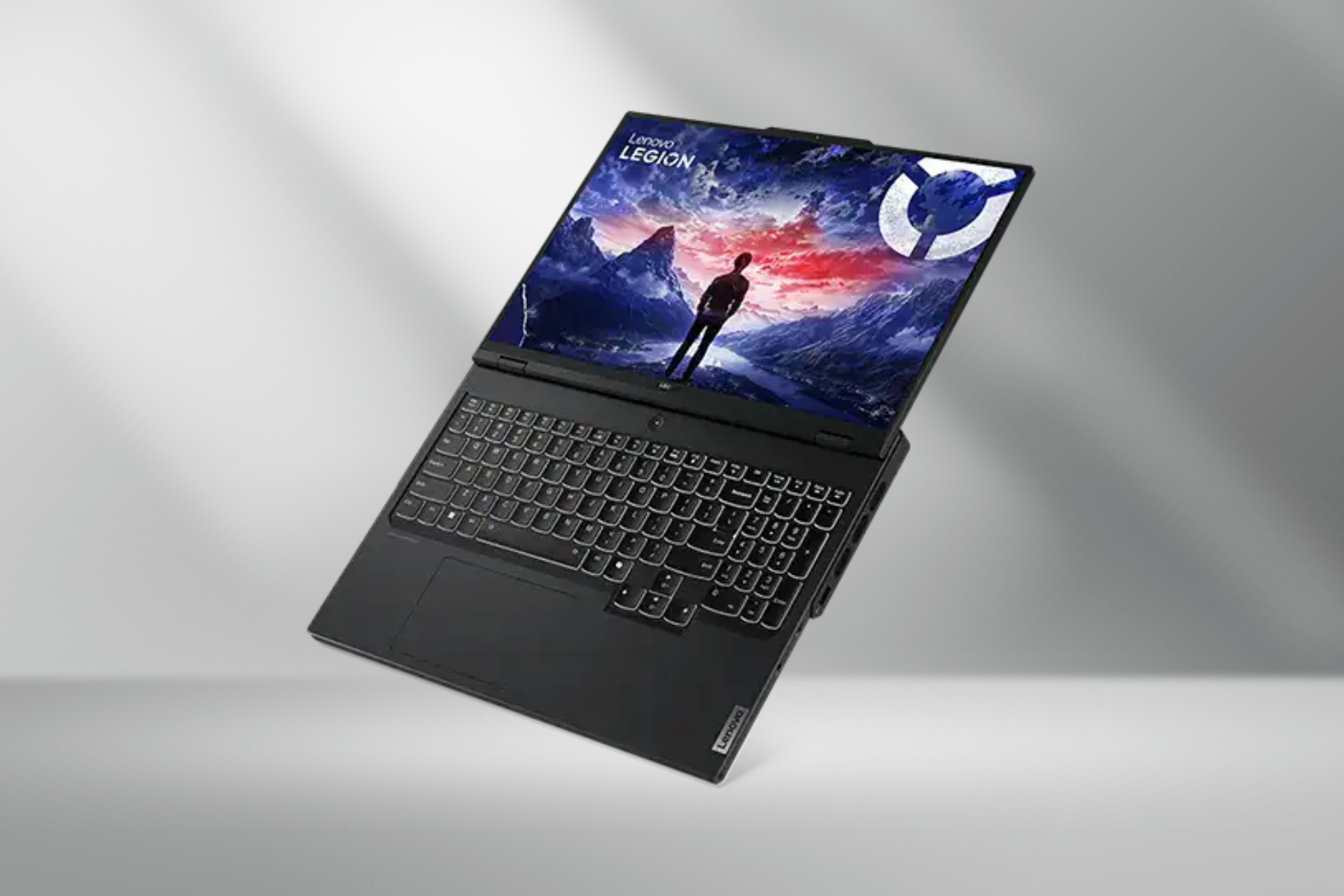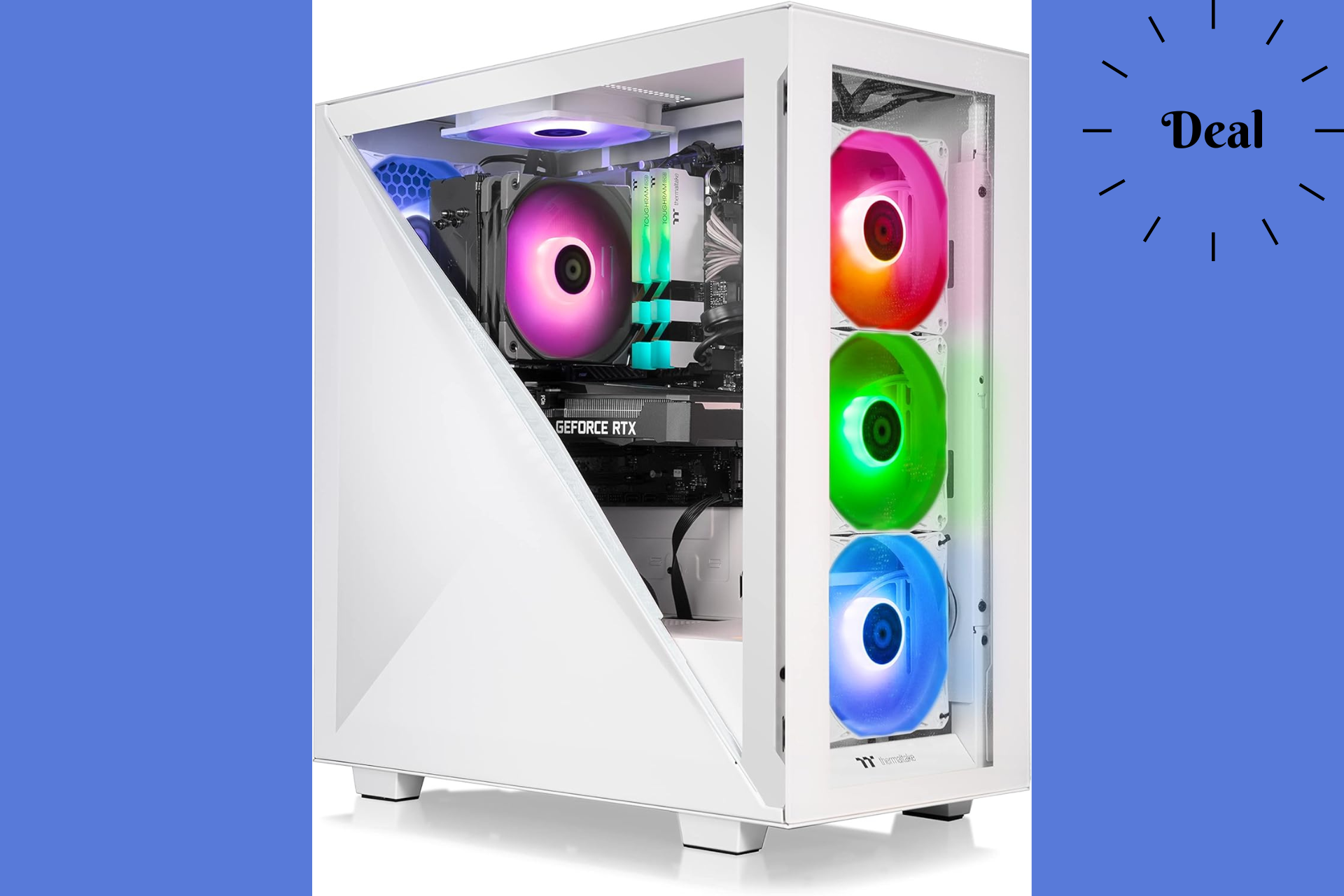Can Azure, Office 365 and SharePoint sell Windows 10 for Microsoft alone?
6 min. read
Published on
Read our disclosure page to find out how can you help Windows Report sustain the editorial team Read more
It has been an almost ubiquitous facet of advertising for Windows 10, an unrelenting focus on the businessman; making productivity sexy.
The notion first hit me during the recent Microsoft conference at Mobile World Congress 2014, held in Barcelona. During an almost 40 minute presentation, Stephen Elop talked about all things Windows 10, outlining why the world ought to be interested.
In a nugget, this amounted to, “Mobile Excel is going to rock”.
Traditionally, MWC has been a hotbed of excitement, at least for anyone involved in the mobile industry. The likes of Samsung, HTC and others have used the event to launch their flagship products for a number of years now. Boasting cutting-edge specs and beautiful designs, these products make headlines around the world.
Instead of following in this vein, Microsoft announced a new partnership with AT&T, and showed the continuous experience between Windows 10 products. Two new Lumia devices, each very compelling in their own right, were sandwiched in-between, almost as an afterthought.
This almost willful dismissal of the event was even more pronounced than what was witnessed at CES, where no new Lumia devices were announced, but camera improvements delivered in Lumia Denim were the focus.

As the launch of Windows 10 draws closer and closer, the question must be asked: who does Microsoft imagine its crowning software product is for?
Since Satya Nadella ascended to the top of the heap in Redmond earlier in 2014, one thing has been clear, the cloud is king, along with productivity. Amid a varied and compelling list of different services and products offered by the tech giant, it is the likes of Azure, Office 365 and OneDrive that have seen the most aggressive promotion in the previous year.
Much has been made of the differences Nadella has brought to the culture of Microsoft; the effects of this are palpable, from the partnership with Salesforce to working with various open community projects, this is a friendlier Redmond. Yet, in its business strategy, has much changed?
Parallels can be drawn to the former Research in Motion (RIM), now known as Blackberry. As the first popular provider of devices capable of handling email on the go, the company enjoyed enormous success for around a decade, particularly among the business community. Following a number of events that called into question the company’s dedication to its user’s privacy, and the rise of competing mobile operating systems, the firm now lives in corporate limbo. Blackberry too tried to debut a well-thought out and pleasant OS, but its conservative approach doomed it from the start.

Now only releasing devices for a highly select audience, and aiming only to provide services to the enterprise market, its scope for growth is dismal; it is now consigned to be a footnote in the history of the mobile market.
This story is highly pertinent when considering the fate of Microsoft. Though the two firms are thoroughly different, Redmond and Blackberry have a number of similarities, not least an almost complete inability to launch an effective or memorable marketing campaign.
Through focusing entirely on the business user, is Microsoft dooming its efforts to obscurity? When one analyzes its competitors, this may appear to be the case.
Google enjoys a large take up among businesses due to the pricing of its services, Apple because its devices are known as secure and Amazon simply because it got to web services first. All of these firms are of similar size and scope to Redmond, and yet they are primarily consumer-focused. The business-to-business (B2B) arm of their operations is secondary in the public eye simply because it is marketed to a business audience.
Everyday, over a billion users see a Windows logo when they log in to their computers, or start their phones. Indeed, in the past decade Microsoft has attempted consistently to capitalize on the popularity of the Windows brand through the naming of its mobile operating system. Yet, when it comes to providing mass-market awareness of its most important product before release, the focus is entirely on businesses, productivity is again key.

The danger of following this ‘old Apple ad’ characterization in its approach to Windows market is twofold. Not only will it limit the potential reach of its marketing considerably, but it will prompt the question among potential customers “is Windows for me?”
This wouldn’t be an issue if the appeal of Windows 10 was merely to business users, however this is manifestly not the case. The product is an excellent showcase for the whole Microsoft ecosystem: the potential to stream Xbox games to PC, universal apps, a unified design language, DirectX 12 and many other improvements demonstrate this.
Yet, the focus is on ‘productivity’; in the world of business, even this word is difficult to define; is it pragmatism? Is this something more? Can pragmatism along be exciting?
In what individual does the concept of productivity induce intense salivating? Where is the businessman obsessed with having the ability to run complex excel cel edits on the go? Who is the literal personification of Apple’s definition of a PC user?
Chasing this beige, corporate dream may pay dividends in the end, all of this is up in the air. However the unrelenting focus on the business user, while neglecting the needs of the consumer market may serve to marginalize Microsoft further as its competitors rush to take advantage of this down time.
When Macs, iPads and iPhones are status symbols and Android devices are for everyone, where is the clear definition of a Windows user?
As Windows moves beyond the desktop to encompass a whole ecosystem of product categories and types, this question is more important than ever. Is Windows for the corporate and enterprise markets alone, or does the common man have a place as well?
What it wants to offer to the world is something that Microsoft will have to settle upon before release, what should be clear is that the appeal of Windows extends beyond the boardroom. Pragmatism is a wonderful ideal, but it may not be enough to sell the dream of an operating system. It should be remembered that, while it was Microsoft that created Windows Phone, it was Nokia that sold Windows Phone, arguably being the main reason the operating system has enjoyed any success at all. This is all down to marketing.
With a number of solid products and fantastic services, the Microsoft ecosystem has arguably never been stronger and more diverse, yet by focusing on one small portion of the potential user base, this strength may be wasted.
Do you agree? Is Microsoft taking the right tack with its marketing? Let us know what you think in the comments below.









